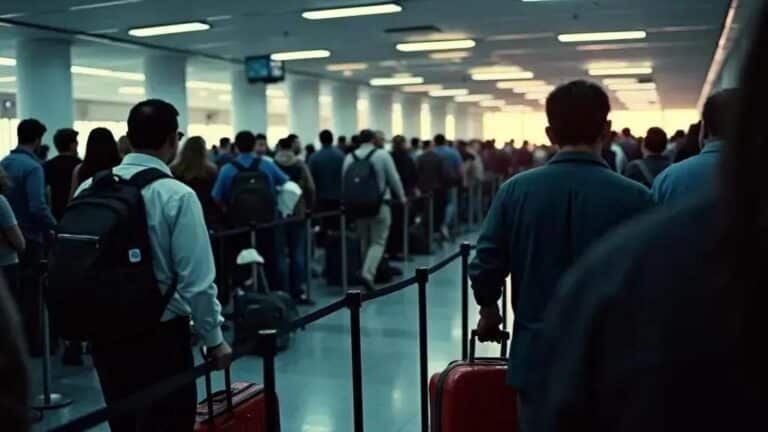National Guard movement to Oregon—300 California troops—has prompted alarm after a judge temporarily blocked federalizing Oregon’s guard. What happened, and why are state leaders turning to the courts? Read on to see the legal clash and local concerns.
Timeline of the deployment and judge’s temporary block
President Trump recently ordered 300 California National Guard troops to Oregon. This decision came after a judge issued a temporary block. The judge’s ruling stopped the federal government from taking control of Oregon’s own National Guard. These California troops were meant to support federal agents in Portland. Protests in the city had led to this federal intervention. However, the judge’s action created a significant legal challenge. It meant Oregon’s governor kept authority over her state’s guard. This sequence of events highlighted a growing conflict. It showed the struggle between federal and state powers during civil unrest.
The Judge’s Temporary Block Explained
The timeline of this National Guard deployment is key. It started with President Trump’s directive to send aid to Portland. Next, the order for California’s troops was given. They were tasked with assisting federal law enforcement. But a crucial legal step occurred before full deployment. A judge issued a temporary injunction. This injunction specifically prevented the federal government from federalizing Oregon’s National Guard. This legal move ensured the Oregon governor maintained full command. It underscored the importance of state sovereignty. This temporary block created a complex situation for all involved parties.
Political and legal reactions from governors, mayors and federal officials
The decision to send the National Guard to Oregon sparked many strong reactions. Leaders from states and the federal government spoke out. State governors, especially Oregon’s, were very concerned. They felt the federal government was trying to take too much power. The judge’s temporary block was a big win for state rights. Governors believe they should control their own state forces. They argued against federalizing their guard without their consent. This created a clear political divide.
Reactions from City Mayors and Federal Leaders
City mayors also shared their worries. They focused on how these actions would affect their local communities. Mayors often prefer local solutions for local issues. They were concerned that a federal presence might make tensions worse. On the other hand, federal officials defended the deployment. They said it was necessary to bring back order. They likely disagreed with the judge’s ruling. Federal leaders felt they had the right to act in these situations. This disagreement led to a significant legal battle. It highlighted the ongoing debate about state versus federal authority during times of unrest.
Fonte: Fortune.com








